often a symptom can have multiple causes. this is known as .
 Hyperthyroidism Symptoms, Causes, Diagnosis and Treatments - Causes, symptoms, diagnosis, treatments, and support
Hyperthyroidism Symptoms, Causes, Diagnosis and Treatments - Causes, symptoms, diagnosis, treatments, and supportServer Error Please try later. Topics A-ZInvestigate a specific concern or disorder? Browse articles, guides and other resources per topic. More...DisordersMore... For educatorsMore...GuidesMore...Symptom Checker For FamiliesInsights and advice on common concerns and tips for facing challenges many families share. Family ConcernsMore...More...We are here to help you and your family. Read our resources in English. Telesalud in an increasingly virtual world for educatorsInsights on learning, behaviour, and classroom management techniques. Tips to help all children succeed. School Resources for Families and Educators Our CareLearn about our approach to providing care and exploring our clinical centers, tele-health services and programs. Our offices 101 East 56th Street, New York, NY 10022 (212) 308-3118Open Monday–Friday, 8am–8pm Saturday Available Appointments 2000 Alameda de las Pulgas, Suite 242 San Mateo, CA 94403 (650) 931-6565Clinical Centers Telesalud Services at the Institute of Child Mind Our Research Our research team is unlocking brain secrets in development and through speeding the discovery. InitiativesPrograms Technological Development VisionOur Impact We transform lives with compassionate clinical care, innovative research, high-impact awareness campaigns, free online resources and direct action in schools and communities. A Decade to Promote the Mental Health of Involved Children A community of friends, supporters and defenders is needed to transform the lives of children. We need your help and invite you to take action with us! Start now. How can you helpDiscover our extraordinary impactGiveThe Child Mind Institute, Inc., is a 501(c)(3). Make a one-time gift or a monthly sustainability gift. Their contributions are totally deductible. The most common diagnoses in children When symptoms have multiple causes, Linda Spiro, PsyD errors are madeWhen you have headache, you know that there are many possible causes, ranging from mild to very serious. When you see your doctor, you will probably ask detailed questions about how long headaches have taken place, what kind of pain you feel, when they occur, and what other symptoms you are experiencing. Without a thorough evaluation and examination, it would be absurd for your doctor to diagnose you with a brain tumor or flu, both of which can give you headache. And, of course, treatment for a brain tumor and a virus would look very different. The same occurs with mental illness: many common symptoms occur for various reasons, and may reflect several different diagnoses. That's why a good mental health professional will give your child a thorough evaluation based on a wide range of information before reaching a . It is crucial to understand what is really behind a given behavior because, like in medicine, the diagnosis your child receives can drastically change the right treatment. For example, it will not work if the child's inattention or disruptive behavior is caused by , not ADHD. And, like a doctor, when a treatment doesn't work, either therapeutic or pharmaceutical, one of the things a good doctor will do is re-examine the diagnosis. Here we take a look at some of the common psychiatric symptoms that are easily misinterpreted in children and adolescents, leading to a misdiagnosis. For each symptom, we explain the diagnosis that is commonly linked to, and to what some of the alternative causes for what that behavior might be. (This list should only be used as a guide, and it is important to always consult with a trained diagnosis before starting the treatment or assigning a label to your child.)1. Common Diagnosis: The symptom of inattention is first observed by teachers, who may notice a student who is unusually distracted easily, is prone to dreaming, and has difficulty completing assignments and following instructions. While all children, especially those who are very young, tend to have adults, some children have much more problems focused than others. The intention that is out of the typical range is one of the three key symptoms of ADHD, along with impulsivity and hyperactivity. So when a child seems unusually distracted ADHD tends to be the first thing parents and doctors suspect. However, there are many other possibilities that can contribute to inattention. "The child who is inatenative could be inatenative because he has ADHD," says psychologist Steven Kurtz. "Or it could be inatenative because it is concerned about your grandmother who is sick in the hospital, or because she is being harassed in the playground and the next period is recess." Other possibilities: Obsessive-compulsive disorder: Many children with OCD are distracted by their obsessions and compulsions, and when the OCD is severe enough, they can spend most of their day obsessing. This can interfere with their lives in many ways, and since children with sexually transmitted disorders often get ashamed of their symptoms, they can go to large extensions to hide their compulsions. It is not rare to see children keep their rituals under control while they are in school, just to be overwhelmed by them when they come home. Therefore, a teacher may notice a student who has difficulty focusing and assuming that he has a problem of attention, as his OCD is not apparent to her. "A child may be sitting in class having an obsession about the need to fix something, to prevent something terrible from happening. Then the teacher calls him," says Dr. Jerry Bubrick, a clinical psychologist at the Children's Mind Institute. "When he doesn't know the answer to the question, it seems he was not paying attention, but it's really because he was obsessed." Post-traumatic stress disorder: Children may also seem to be suffering from inattention when they have been affected by trauma. "Many of the", explains Dr. Jamie Howard, director of the Trauma Response and Education Service at the Children's Mind Institute. "Common symptoms in PTSD, such as difficulty concentrating, overreacted response at the beginning, and hypervigilance may make it look like a child is nervous and spaced." Learning disorder: When a child seems to be looking everywhere, but on the pages of the book she is supposed to be reading, another possible cause is that she has a . Undiagnosed can not only make a younger fidget with frustration, she may be ashamed that she does not seem to be able to do what other children can do, and try to cover that fact. Feeling like a failure is a great impediment to concentration, and anything that can ease the feeling of a welcome distraction. "50 per cent of children with learning disabilities have inattention," says Dr. Nancy Rappaport, professor at Harvard School of Medicine, who specializes in mental health care in school settings. "For these children, we have to intervene to support their learning deficits, otherwise treating them with stimulants will be a bust." The most complicated cases, adds Dr. Rapport, they are very intelligent children who have successfully compensated their learning disabilities for years, working a lot. "They've been able to hide their weakness until they get older and there's only one too heavy lift. It is often diagnosed with ADHD or, unless someone attracts the learning problem.2. Repetitive Anguish Thoughts Common Diagnosis: Intrusive thoughts and memories that a child cannot control are one of the key symptoms of PTSD. Clinicians think of PTSD as a damaged response of "light or flight" in a child who has had a disturbing experience, whether it is a disturbing event or a pattern of domestic violence or abuse. The experience is in the past, but the child continues to revive anxiety. This can take place in the form of flashbacks, thinking about the event over and over, or experiencing terrifying thoughts that get "stop". Other possibilities: "In OCD and PTSD, you can experience, thoughts you don't want to be thinking," said Dr. Howard. "These thoughts enter your head, without your will and without your control. In both cases, they cause you anguish, and you have to work to handle them." But there is an important difference between repetitive thoughts in OCD and PTSD, Dr. Howard points out: "With OCD will be a concept the causes of your anguish, but with PSTD it is a real memory of something that happened. "3. Restricted Address Common Diagnosis: Autism is a developmental disorder that causes a child to have communication deficiencies. Children with autism may have a delay in the development of spoken language (or complete lack). The most obvious signs of autism are usually seen between 2 and 3 years old. Although many children in the spectrum speak, they can use language in unusual ways, avoid eye contact, and prefer to be alone. Autism, which realizes that the child is not socially interacting with his peers in an appropriate manner. Other possibilities:Selective mutism is an anxiety disorder in which children in particular social situations. Many children with selective mutism are talkers at home, but there may be a complete lack of expression in other settings, such as in school. They cannot communicate with peers or at all, which can lead to school professionals being concerned about their social development. These social difficulties may lead some members of the school to conclude that they are in the autistic spectrum. "You may have difficulty with communication for many reasons," says Dr. Kurtz. "What needs to be sought is consistency in situations. Children with SM will be quite social and very fabulous talks in some environments, otherwise they probably don't have SMs." When it comes to making a diagnosis, it is important to make the distinction between a skill deficit and a performance deficit. Children with selective mutism have a performance deficit because they have the ability to speak but cannot prove it in each environment, while children in the spectrum have skills deficits, so they cannot demonstrate certain skills regardless of the environment. Children with selective mutism can also show other symptoms that can lead to alarm bells ringing for autism. Some children with SM seem very "demolished" in effect. "Because the child is trying, whether he knows or not, to convince people to step back, he will also have a bad visual contact as a child in the spectrum, a flat effect like a child in the spectrum," said Dr. Kurtz. "It will not seem like a child whose only problem is that he is stuck in terms of being able to speak. "4. Sadness, Fatigue and Difficulties to Think Clearly Common Diagnosis: It is easy for most people to recognize the symptoms of depression: feelings of sadness, less interest in regular pleasurable activities, fatigue, weight changes and difficulty concentrating. Although it is normal for everyone to feel "low in the dumps" sometimes, children who experience sadness or irritability that last longer than two weeks and impair their ability to function can be considered as experiencing a depressive episode. Other Possibilities:Hypothyroidism:Hypothyroidism occurs when your thyroid (a gland in the neck) is not secret enough of certain important hormones. Symptoms of hypothyroidism seem very similar to those of depression, and include fatigue, weight gain, feelings of sadness and difficulty thinking clearly. However, treatment for hypothyroidism is very different: children with hypothyroidism are treated using a thyroid replacement hormone. Anxiety disorder: Certain anxiety disorders, such as OCD, can be extremely harmful and frightening to the person who experiences them. Children with OCD may have about invoking harm to their loved ones, as well as to other violent or. Although these obsessions are not true to what the child really wants to happen, he has difficulty getting them out of his head. There are times when the depressed mood is what is first noted, but it can be secondary to another condition like the OCD. Because of the shameful thoughts that many children with OCD have, they may not feel comfortable sharing many of them, and may be misdiagnosed with depression. "There are many cases in which children who are afraid or worrying thoughts are depressed because they are afraid and feel like things will not improve," explains Dr. Rachel Busman, a psychologist at the Children's Mind Institute. "That's why it's so important to accurately evaluate the symptoms and get a story that explains when they started. There are excellent treatments for and once a diagnosis is made, the treatment can point out these symptoms. "5. Disruptive Behavior Common Diagnosis: ODDMost children occasionally have rabies or overloads of temperament, but when children repeatedly become exhausted, they are defiant, or cannot control their temperaments, they can seriously harm their functioning in school and cause significant family disorder. Often, these children are thought to have, which is characterized by a pattern of negative, hostile or challenging behavior. The symptoms of ADD include a child who loses his temper, arguing with adults, becomes easily upset, or actively disobeying requests or rules. To be diagnosed with ODD, the disruptive behavior of the child should be occurring for at least six months and be adversely affecting his or her life at school or at home. Other possibilities: Anxiety disorders: Children with anxiety disorders have significant difficulties in dealing with situations that cause them distress. When a child with untreated anxiety disorder gets into an anxiety induction situation, he in an effort to escape that situation or avoid the source of his acute fear. For example, a child with acute social anxiety may be thrown at another child if he or she is in a difficult situation. A child with OCD may be extremely annoying and yelling at his parents when they do not provide him with the constant repetitive security he uses to handle his obsessive fears. "It probably happens more than we think, either anxiety that seems disturbing or anxiety coexisting with disruptive behaviors," said Dr. Busman. "And this goes back to why we have to have a full and good diagnostic evaluation. " ADHD: Many children with ADHD, especially those who experience impulsiveness and hyperactivity, can present many symptoms that make them. These children may have difficulty sitting, they can play and play with anything they can put their hands on, delete inappropriate comments, have difficulty waiting for their turn, interrupt others, and act without thinking through the consequences. These symptoms are more a result of your deficiency, your ability to think ahead and evaluate the impact of your behavior, than intentional opposition behavior. Learning disorder: When a child is repeatedly at school, behavior may be derived from an undiagnosed learning disorder. Let's say he has, and working unsuccessful on a set of problems makes him very frustrated and irritable. Or he knows the next period is kind of math. "Children with learning problems can be teachers when they are deceptive, do not want to expose their vulnerability. They want to distract you from recognizing their struggle," explains Dr. Rappaport. "If a child has problems with writing or math or reading, instead of asking for help or admitting that he is stuck, he or she may mature an assignment, or start something with another child to create a diversion. "Pide attention to when problem behavior can lead to exposing a learning problem, he adds. "When parents and teachers look for the causes of disregulation, it helps to notice when it happens, to mark the weaknesses and get support from children."Linda Spiro, PsyD, is a clinical psychologist. Stay informed Get the latest news and resources in your inbox. Parents Guide to Get Good CarePants to Find the Best Professional (or Team) for Your Child. Our coronavirus response is coming to families everywhere. Help us. We are proud to be recognized as a financially responsible and transparent organization. Help Our efforts Join our mailing list to learn more about the Child Mind Institute and get practical advice, useful information and information on our newsletters. General Consultations Call ← 101 East 56th Street, New York, NY 10022©2021 Child Mind Institute, Inc., a tax-exempt charitable organization (tax identification number 80-0478843) under Section 501(c)(3) of the Internal Revenue Code. All rights reserved. Get tips, articles and ideas about mental health disorders and learning of children.
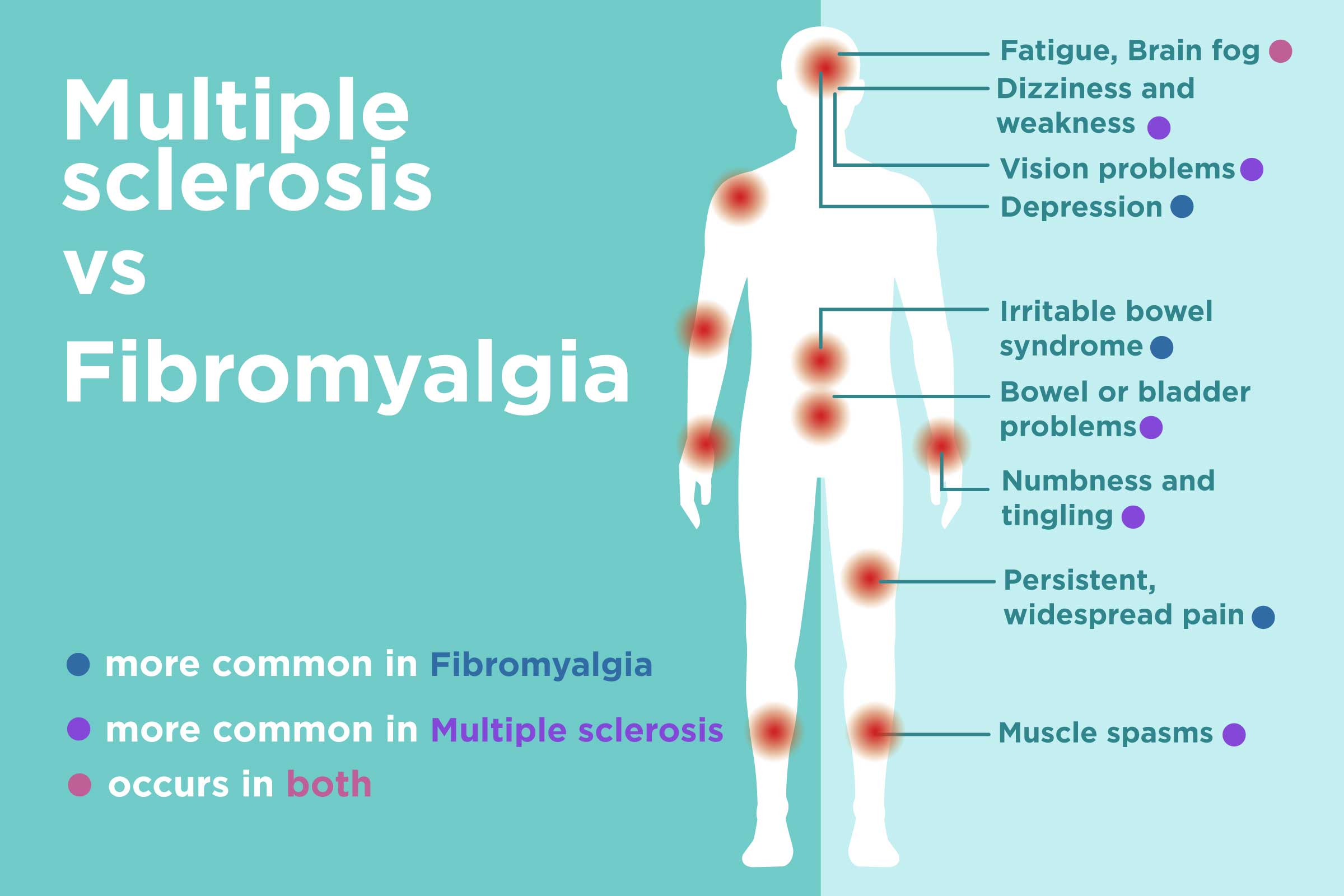
Fibromyalgia vs. Multiple Sclerosis (MS): Differences in Signs & Symptoms

15 symptoms of multiple sclerosis (MS) in women
/multiple-lung-nodules-causes-and-diagnosis-2249390-v1-5c1ac161c9e77c000122ea44.png)
Multiple Lung Nodules: Overview and More
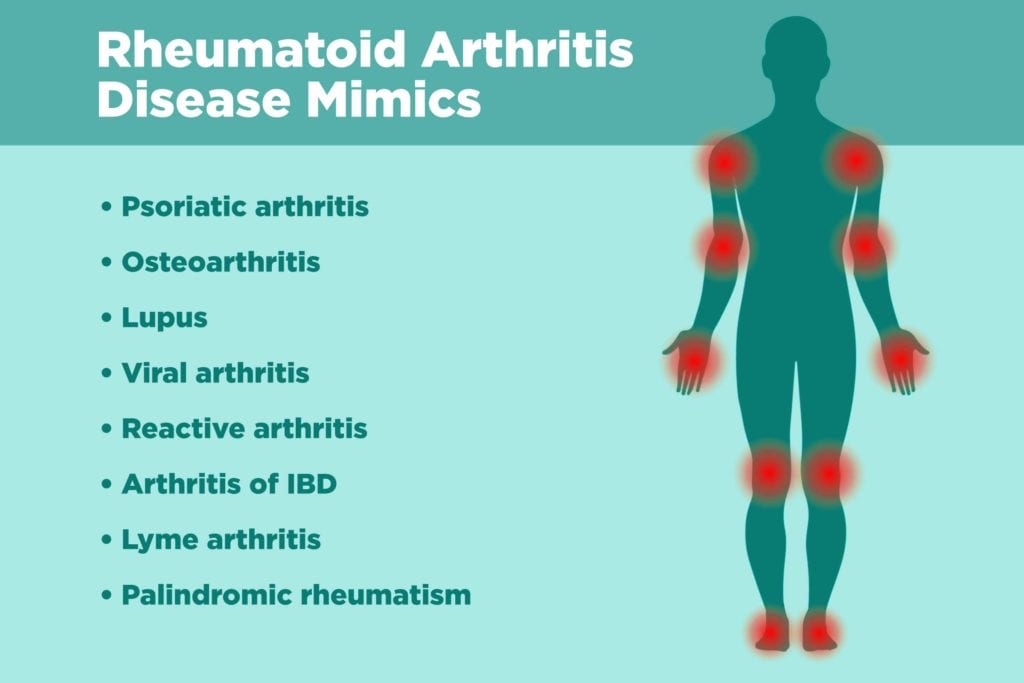
Diseases that Rheumatoid Arthritis Can Be Mistaken For

5 Whys - Problem-Solving Skills From MindTools.com

Mania - Wikipedia
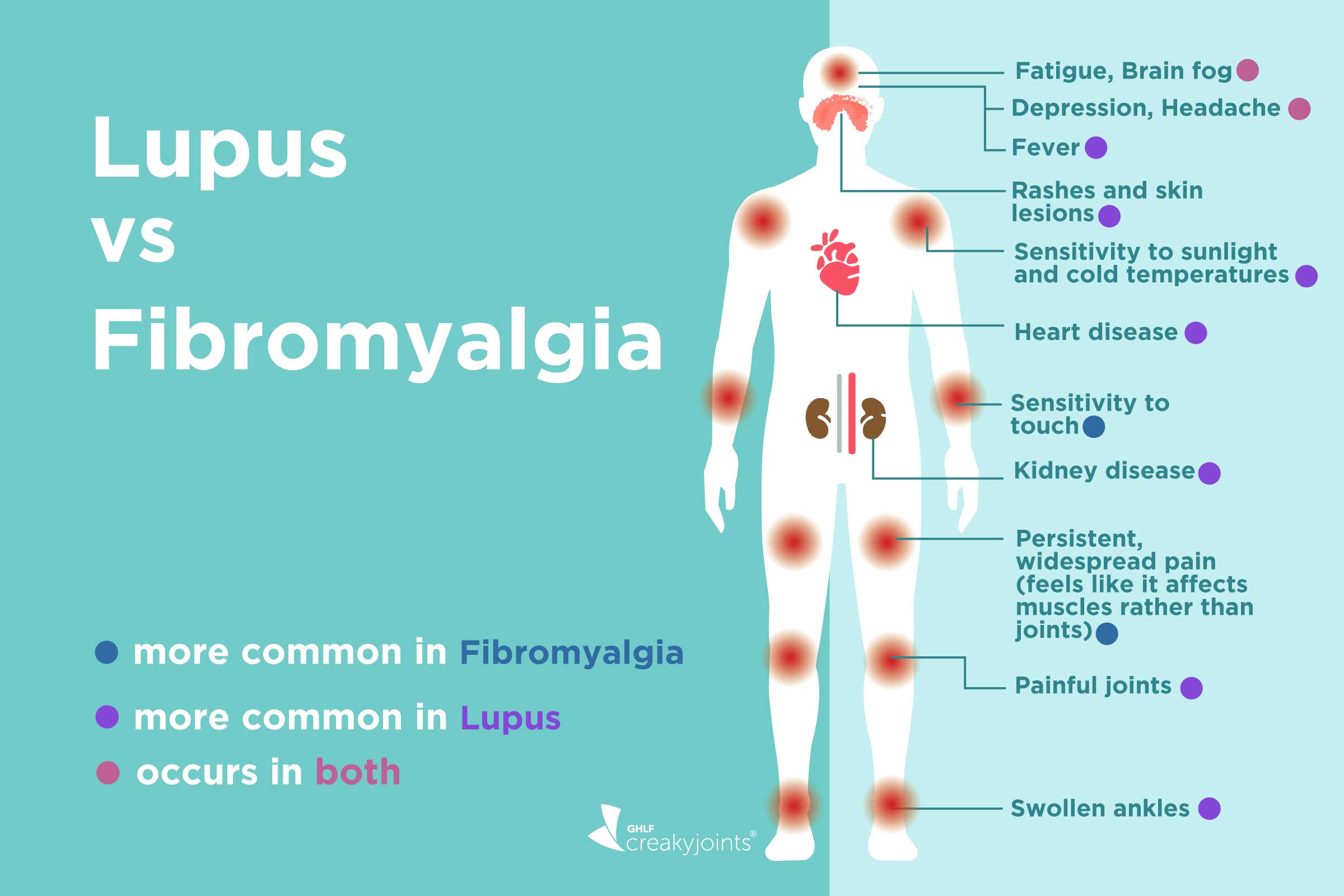
Fibromyalgia vs. Lupus: What's the Difference?

The Effects of Multiple Sclerosis on Your Body

What is Dementia? Symptoms, Causes & Treatment | alz.org

Multiple sclerosis (MS): Types, symptoms, and causes
:max_bytes(150000):strip_icc()/headaches-as-a-symptom-of-multiple-sclerosis-2440798-01-ac13321fbd2d4dca99f899a63b8ea265.png)
Headaches in MS: Types, Symptoms, Causes, Diagnosis, Treatments
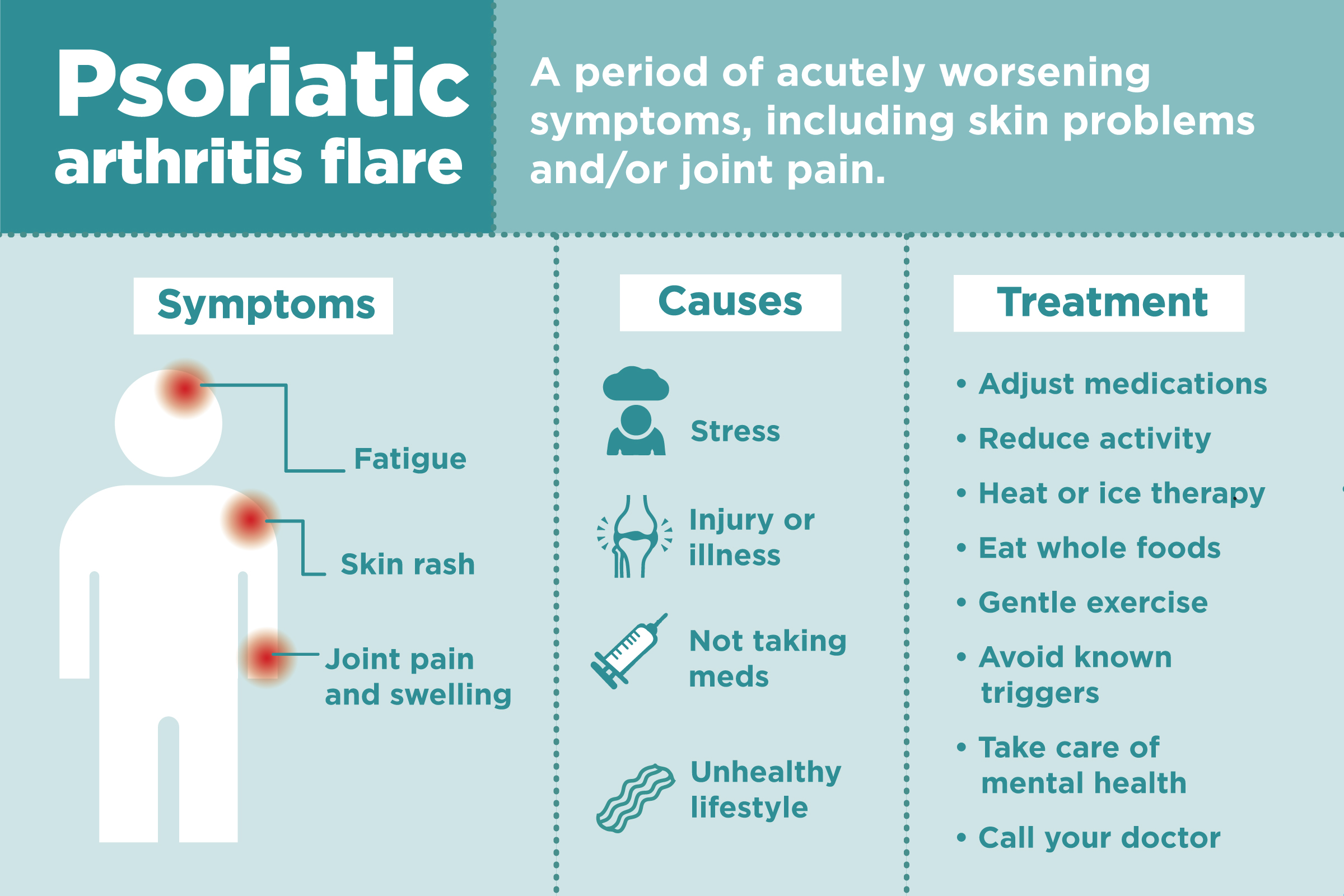
Psoriatic Arthritis Flares: Symptoms, Causes and Treatments

Stroke: FAST, Symptoms, Causes, Types, Treatment, Prevention

Wilson's Disease: Risk Factors, Causes, & Symptoms
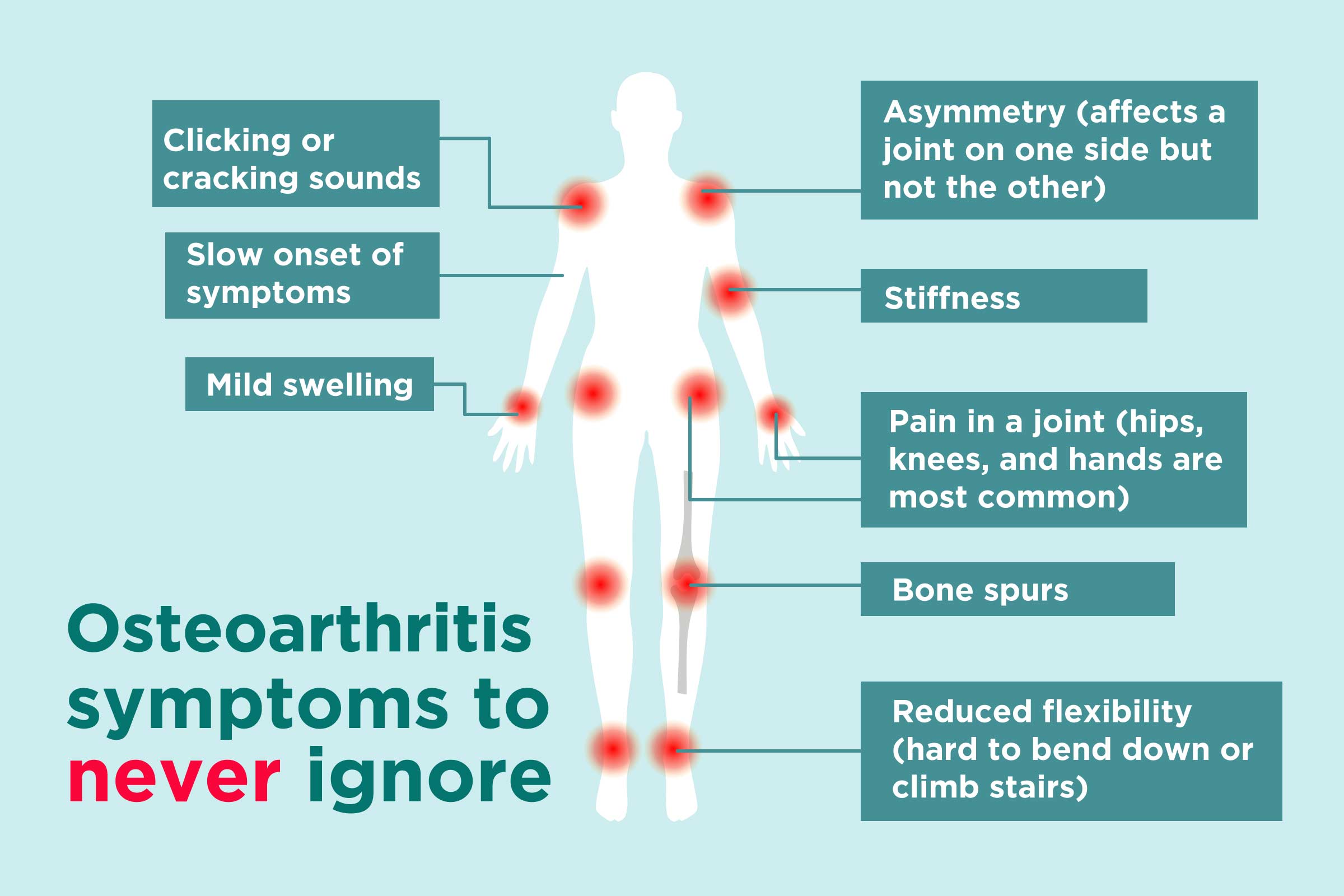
10 Symptoms of Osteoarthritis You Might Be Ignoring
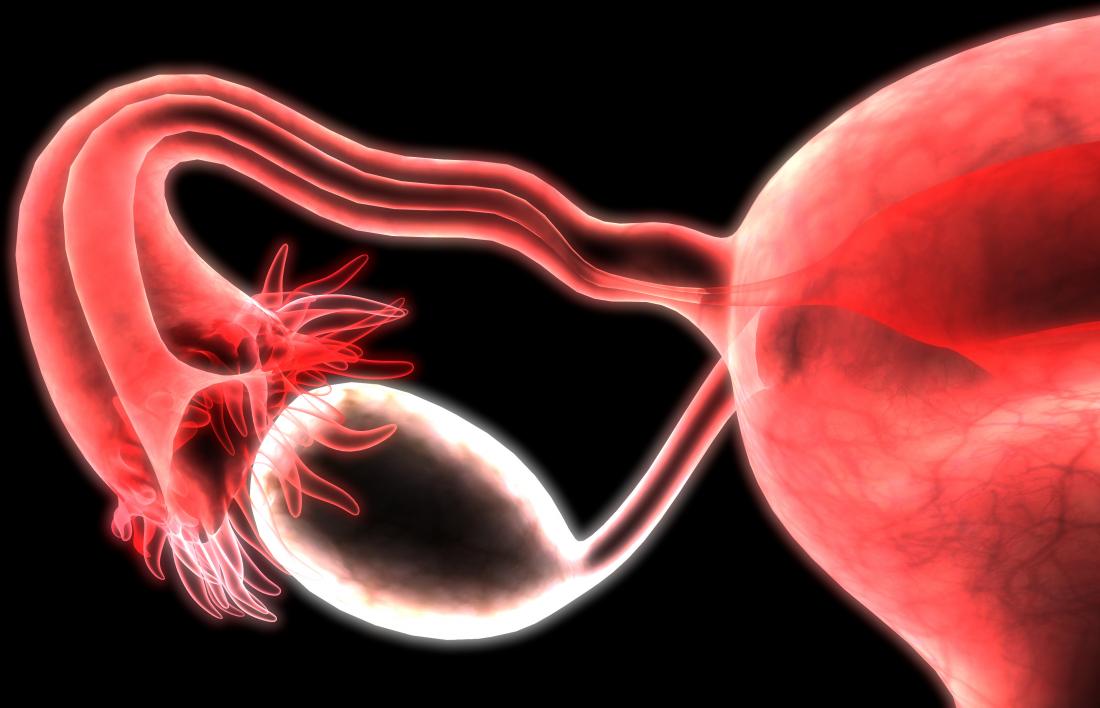
Enlarged ovaries: Symptoms, causes, and treatment

Stroke Symptoms: Using the FAST Method and More

Depression in Children: Symptoms, Diagnosis, Treatment
:max_bytes(150000):strip_icc()/rolandic-epilepsy-symptoms-causes-diagnosis-and-treatment-4689206-v1-1cc4661530af40c0a39dcb65bcc55e40.jpg)
Rolandic Epilepsy: Symptoms, Causes, Diagnosis, and Treatment

Cerebral palsy - Wikipedia

Multiple sclerosis - Symptoms and causes - Mayo Clinic
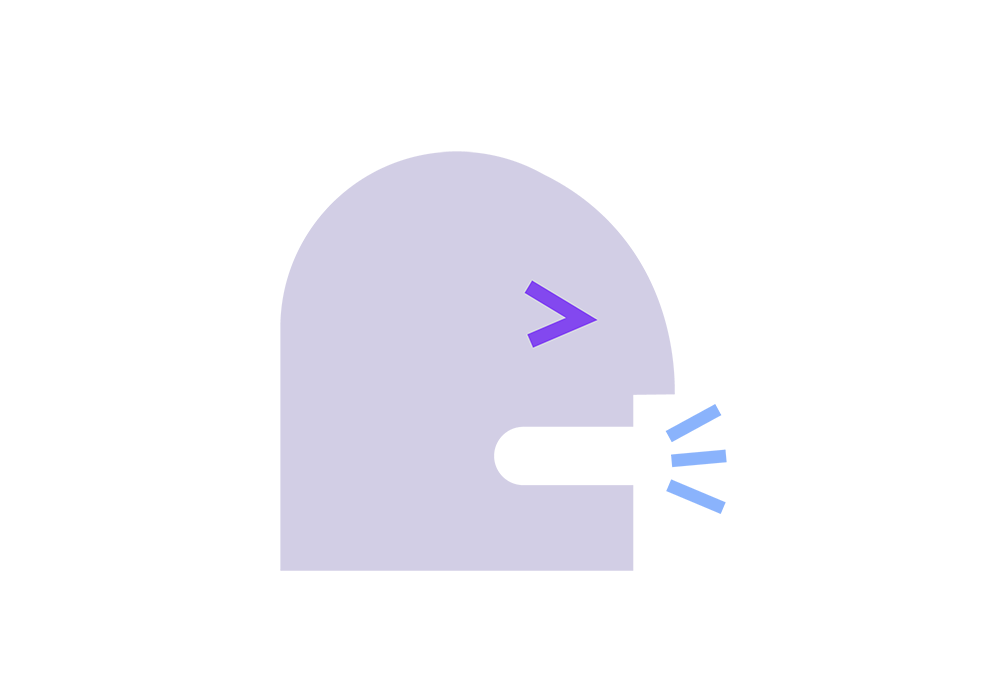
9 Dry Cough Causes & Treatment Options | Buoy

Stroke Symptoms: Using the FAST Method and More

Causes of mental disorders - Wikipedia
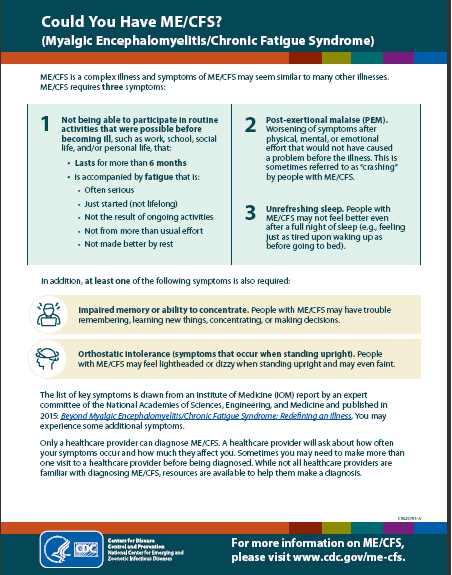
What is ME/CFS? | Myalgic Encephalomyelitis/Chronic Fatigue Syndrome (ME/CFS) | CDC

Disease - Wikipedia
/what-causes-schizophrenia-2953136-8039bc18eb58406a87c52e0d5646516e.png)
Schizophrenia: Causes and Risk Factors
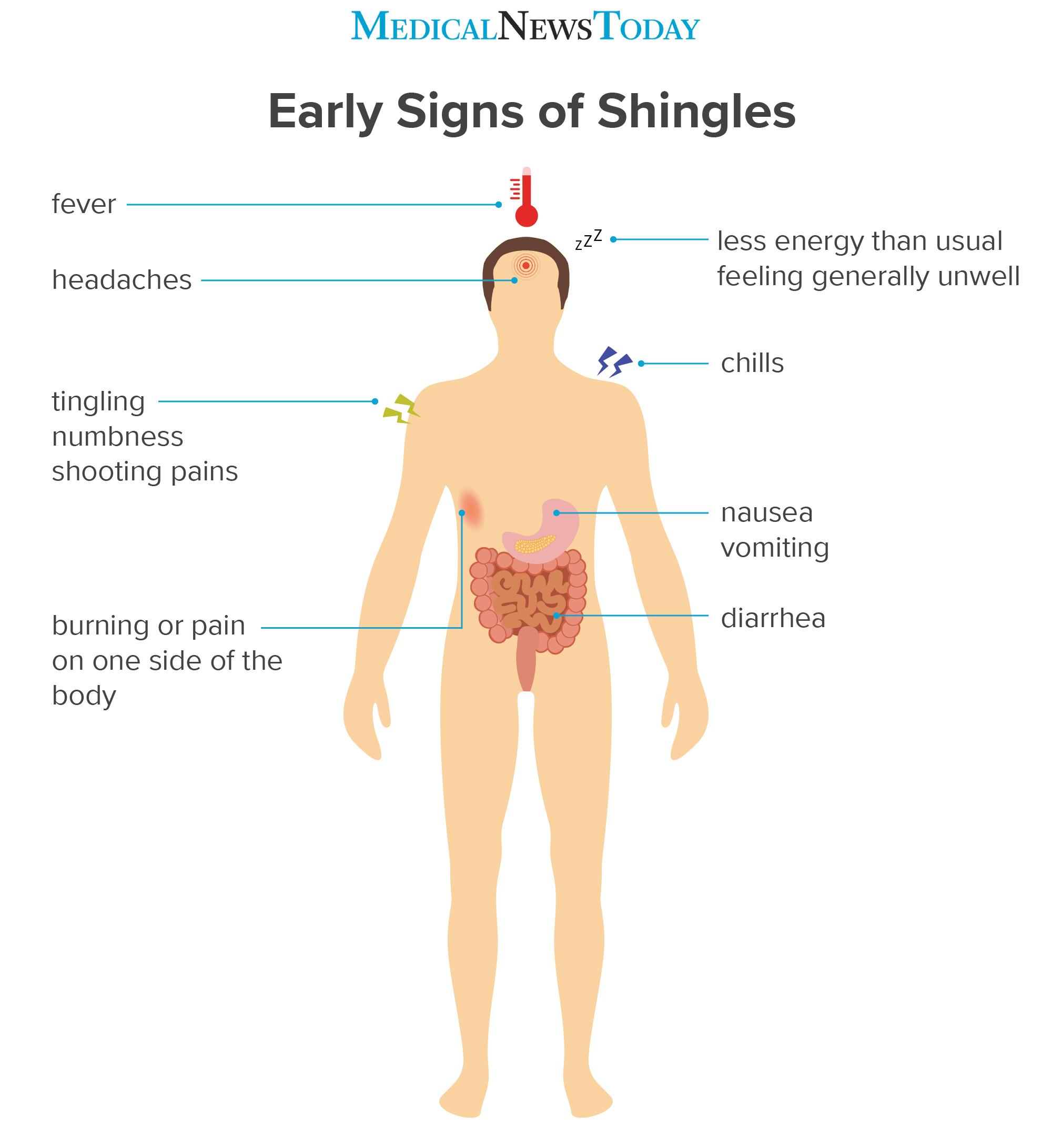
The early stages of shingles: Signs and symptoms

Why Am I Dizzy? Causes, Treatment, & Symptoms

5 STDs With No Symptoms You Should Know About | SELF

Major Depressive Disorder: Symptoms, Causes, and Treatment

9 Dry Cough Causes & Treatment Options | Buoy
/definition-of-mental-illness-4587855-v1-cd7f9f37c61c49099ac8ede282db1e73.png)
Mental Illness Types, Symptoms, and Diagnosis

Split personality disorder: Signs, symptoms, causes, and more

Multiple sclerosis - Symptoms and causes - Mayo Clinic

What Causes Multiple Sclerosis? | Everyday Health

Developmental Delay: Symptoms, Causes, Treatment & More
:max_bytes(150000):strip_icc()/frequent-urination-at-night-nocturia-3300107_V22-73a81516f53a4d088e28c74ec09f22d1-136965c625ee41c88017a785c5628902.png)
Frequent Urination: Symptoms, Causes, Diagnosis, and Treatment

Autism Spectrum Disorder: Autistic Brains vs Non-Autistic Brains
Posting Komentar untuk "often a symptom can have multiple causes. this is known as ."